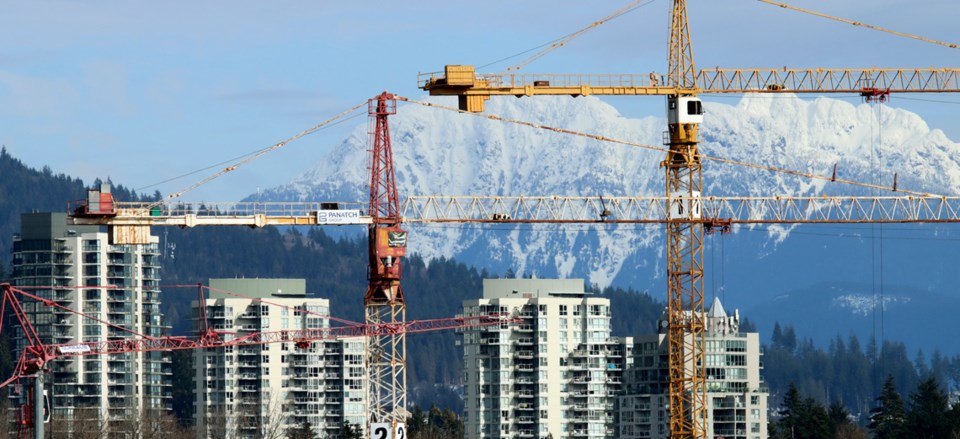Port Moody staff are being challenged to rein in the city’s spending so residents won’t face a 5.97 per cent property tax increase this year.
The proposed boost would add $151 to the tax bill of an average home in Port Moody that’s been assessed at about $1.2 million.
Tuesday, members of council’s finance committee suggested that’s too much.
They passed a motion for staff to come back with suggestions for cutting the increase by one per cent and by two per cent.
Port Moody’s general manager of finance and technology, Paul Rockwood, told councillors the economies could be achieved by cuts, as well as increased revenues, although he didn’t elaborate where those revenues might come from.
In February, Coun. Steve Milani suggested the city might look at the introduction of pay parking as one way to raise money, while Coun. Diana Dilworth said that would be a “slippery slope” that could rile residents.
However, six per cent of respondents to the city’s recent survey of residents to gauge their appetite for a tax increase, as well as prioritize the services they value, proposed pay parking in busy areas would be one way to generate revenue.
But Coun. Meghan Lahti cautioned against reading too much into the results of a survey that attracted only 288 responses.
Rockwood agreed.
“As we know, surveys reflect a moment in time,” he said, adding the response rate was better than last year’s 176 replies but it was short of the 353 received in 2019.
Milani suggested a one-time deferral of the city’s annual one per cent levy to renew its assets like equipment might be another way to save taxpayers money. Instead, asset renewals would be paid for with money from the city's density bonus reserve fund.
Rockwood advised against that, though, as a deferral this year would likely meant boosting the levy to two per cent next year.
“By not keeping up with the asset levy, we’re just going to get further behind,” he said.
Coun. Zoe Royer said the city might also want to consider the amount of money it spends on consultants for various projects and reports.
But first, council would have to know what that amount is.
Rockwood said that information could be provided, but, he added, “There’s a lot of benefit to bringing in subject matter experts when you need them. It’s good value for the money.”
City manager Tim Savoie echoed that sentiment.
“There are certain consultants we use that we could likely never afford their expertise in-house,” he said. “These are specialized skills.”
In earlier budget presentations, Rockwood said staff had already whittled the projected tax increase for this year from 7.81 per cent by deferring the hiring for several new positions requested by various departments.
As well, the city is facing increasing cost pressures for bringing back city-sponsored events that had been cancelled by COVID-19 pandemic public health restrictions the past two years, along with higher expenses to provide health and social services that used to be paid for by other levels of government.
Rockwood said the city also isn’t receiving as much grant money as it used to, and its share of provincial tax revenues from cannabis sales aren’t as great as they’d been projected.
Last summer’s heat dome, the atmospheric rivers of last fall, along with heavy snowfalls in January and ongoing pandemic expenses also hurt the city’s bottom line.
“Those are things we don’t normally budget for, but we’ve had to deal with them,” he said.
Council is expected to approve the final budget for this year by May 10.



